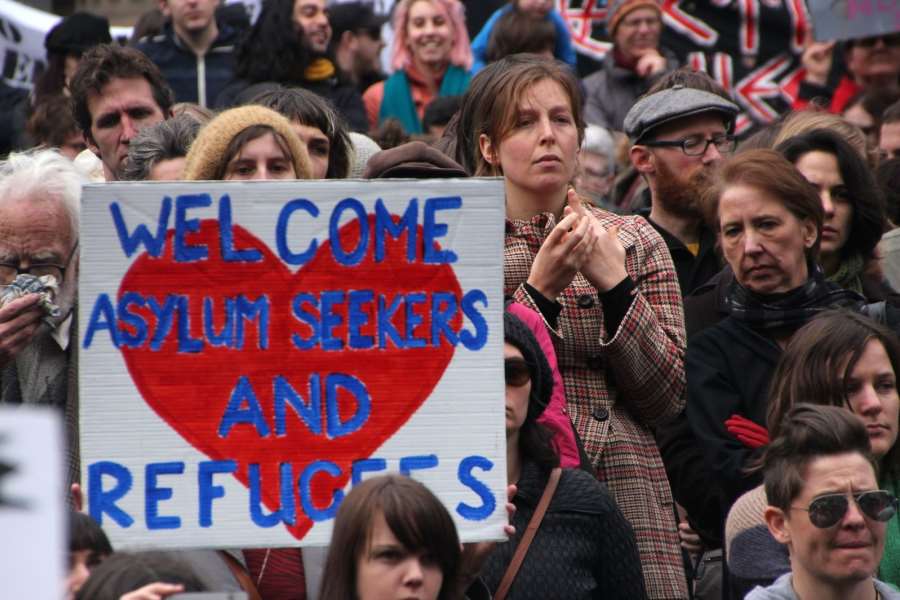Credibility is the central issue in determining the legitimacy of political asylum seekers, but the line between truth and lies is often elusive, partly because desperate people often have to use deception to escape persecution. Forms of deception range from small, insignificant lies to those that are central to an asylum claim.
To unravel this problem, Carol Bohmer looks at the increased demand for evidence, the use of new technologies to examine applicants’ narratives, assessments of forged documents, attempts to differentiate between victims and persecutors, and ways that cultural misunderstandings can compromise the process.
Bohmer, a lawyer and sociologist, is a Visiting Scholar in the Government Department at Dartmouth College, and a Teaching Fellow at King’s College, London. She has worked in the area of law and society, examining the way legal and social institutions interact, with particular emphasis on the role of gender in law. Her current research interests are in the field of immigration and asylum. She has written Rejecting Refugees: Political Asylum in the 21st Century, (2007), co-authored with Amy Shuman. Their current work, Political Asylum Deceptions: The Culture of Suspicion, under contract with Palgrave MacMillan, is nearing completion.
This seminar was held on 11 January 2017 and was hosted by the Norwegian Institute for International Affairs (NUPI), in cooperation with the NCHS.
